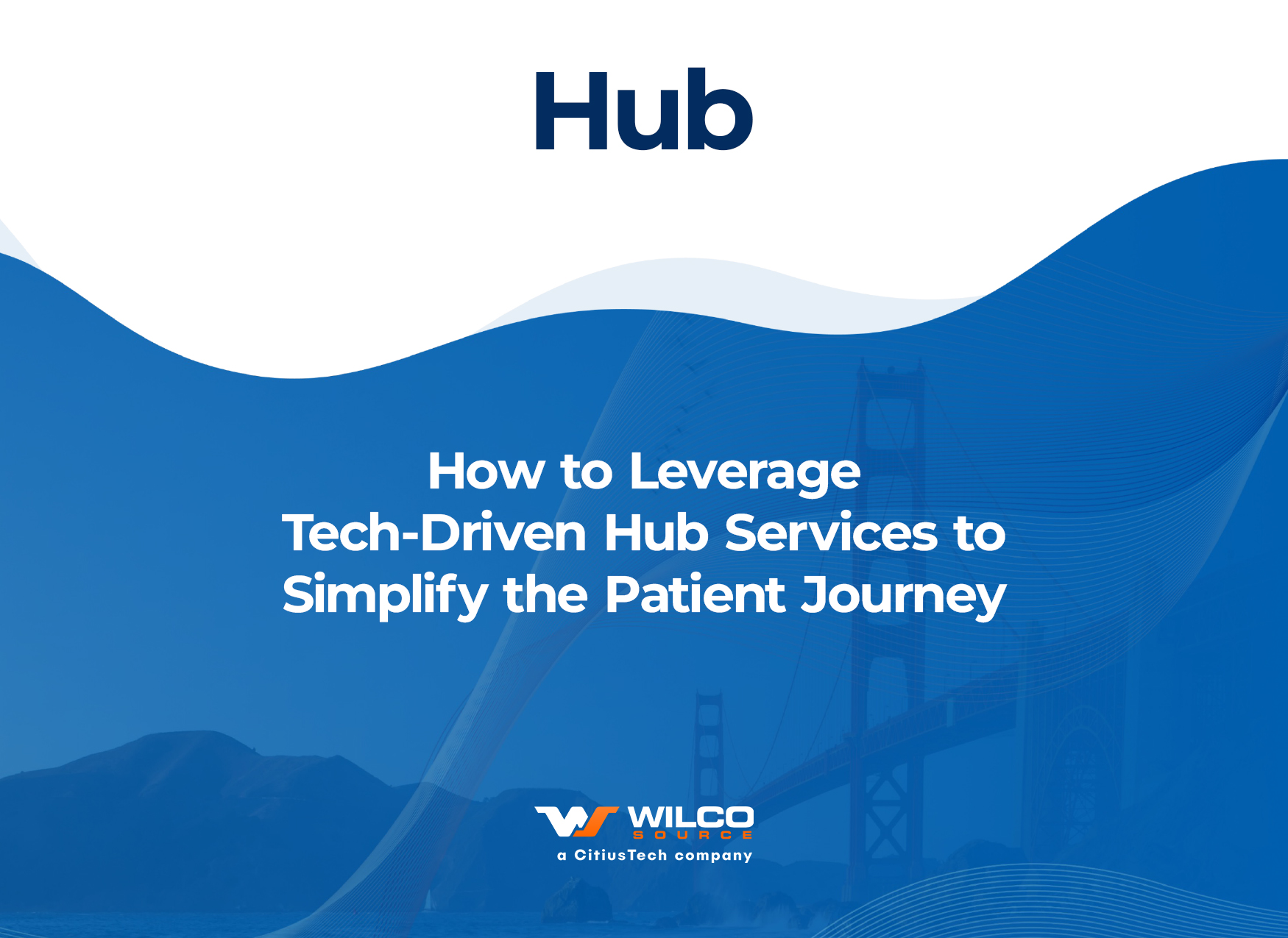How to Leverage Tech-Driven Hub Services to Simplify the Patient Journey

Although specialty drugs represent only approximately 2% of prescriptions, they account for nearly 40% of total drug expenditure. Given the nature and price of these therapies, specialty pharmaceutical manufacturers need to focus on patient-centric care that drives value and results in positive patient outcomes.
To achieve that, specialty pharmacies have increasingly become reliant on technology-driven hub services programs to not only simplify the patient journey, but manage therapy adherence and support positive long-term outcomes for patients, providers, and the numerous other stakeholders involved in the value chain.
Previously, most hub services relied on call centers and manual processes. By shifting to cloud-based and API-led connectivity, hub services empower specialty pharmaceutical companies to create personalized and interactive patient experiences at scale. There are a few key ways in which technology-based hub service solutions enable that.
Empowering patients through education
When it comes to specialty treatments, if a patient doesn’t have a comprehensive understanding of the therapy, such as potential adverse reactions, how to maximize its efficacy, and how long it will take to realize results, their desire and attentiveness to a prescribed treatment are greatly hindered.
Ultimately, lack of awareness and outdated communication limit overall enrollment as well as patient engagement in specialty therapies. But, building a customized patient engagement platform tailored to the unique needs of not just the therapy but the individual patient makes the initial introduction easier and engagement more likely.
A technology-driven approach to hub services provides patients access to tools that improve and streamline communication, education, and counseling. For example, tools such as risk assessments and motivational interviewing provide insight into the patient perspective. By gathering those insights, specialty pharmacies can customize an approach to patient education and gauge the support required to keep the patient engaged and adhering to treatments.
In addition to using tools to assess new patients, specialty pharmacies are using analytics gathered through hub services, combined with machine learning, to assess patients and their treatment circumstances, all of which is then applied to creating the most ideal hub services and patient engagement platform.
Advancing benefit and reimbursement support
Managing benefits and reimbursements has increasingly become a complex part of specialty drug distribution, especially when patient assistance like copays and coinsurance come into play. The reality is, items such as benefits investigation (BI), benefits verification (BV), and prior authorizations (PAs) are often the most burdensome and time-consuming elements of specialty care.
But, advances in digital hub services are helping to streamline benefit and reimbursement support, thus alleviating pressure on both the patient and provider. For example, a cloud-based hub platform may supply providers with access to patient-specific PA information at the point of care, eliminating labor-intensive, multi-step processes that often take days or weeks.
Boosting adherence and outcomes
Due to the complexity and importance of most specialty treatments, drug manufacturers are looking to increase adherence rates and improve outcomes by building deeper relationships with patients.
Therapy adherence can have a profound impact on a patient’s well-being and overall health care costs. Utilizing digital hub services platforms, specialty pharmacies can automate many elements of the patient adherence process. For instance, reminders can be automatically sent via mobile notifications to patients when it’s time to administer the therapy or patient-facing portals can be created to address frequently asked questions or provide patient-specific dosing instructions. Providers can also be kept in the loop on their patient’s progress via integrations with electronic health records (EHRs).
The capabilities of hub services mean that patients are informed of the access process throughout the care continuum and can stay involved in the process. This, in turn, reduces barriers to adherence, whether those barriers are financial, clinical, or logistical.